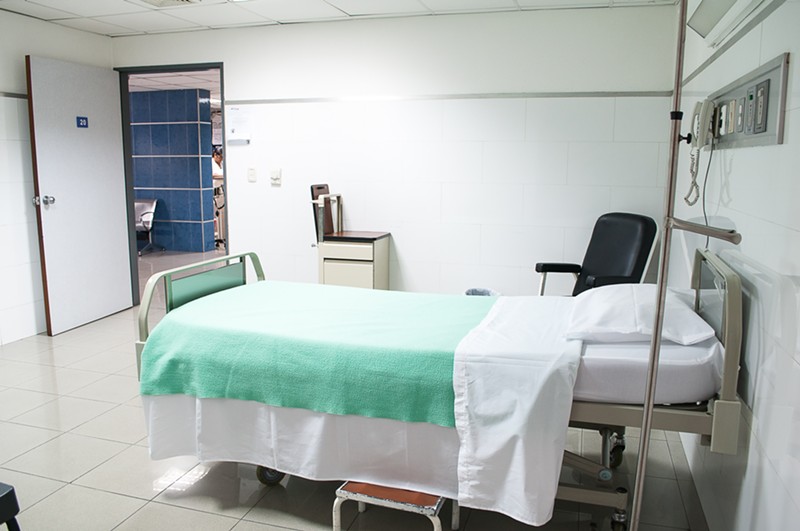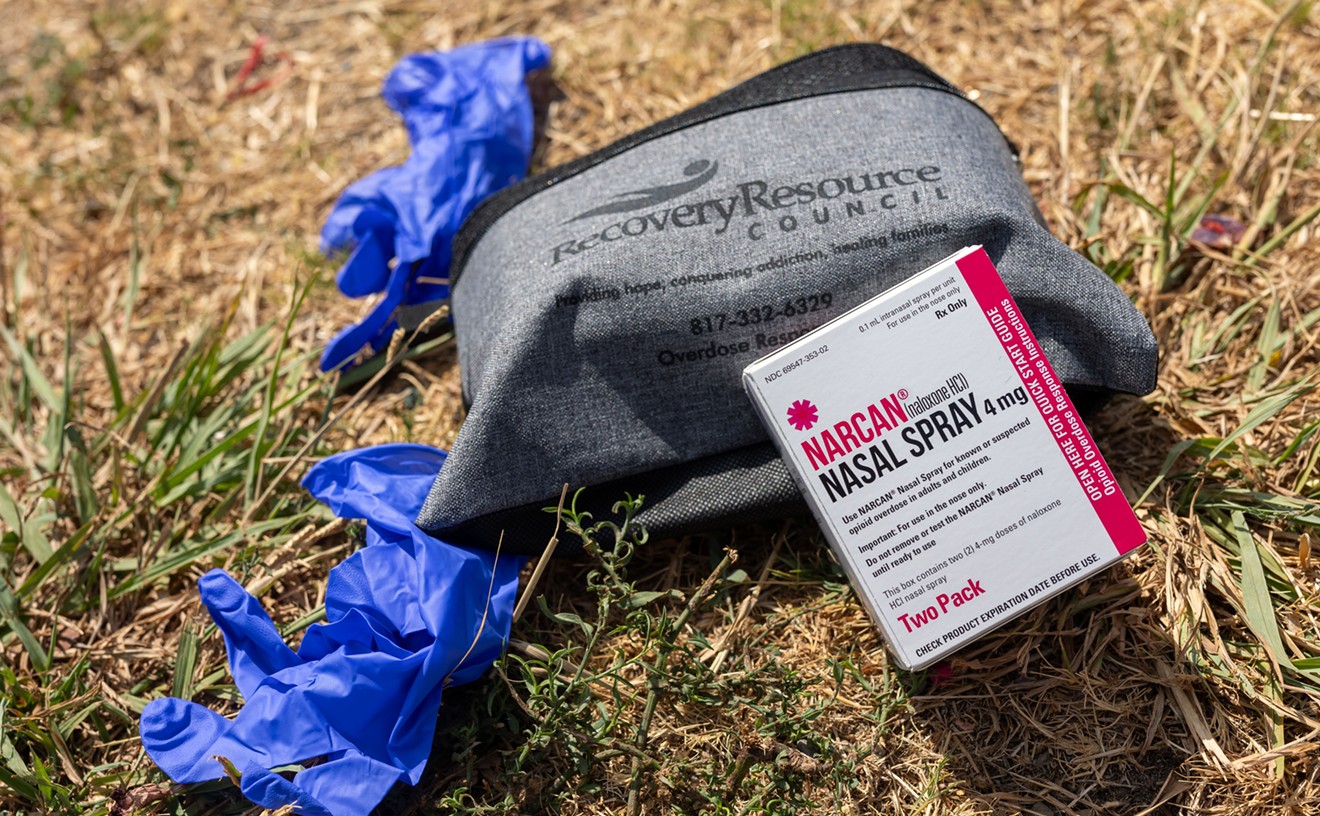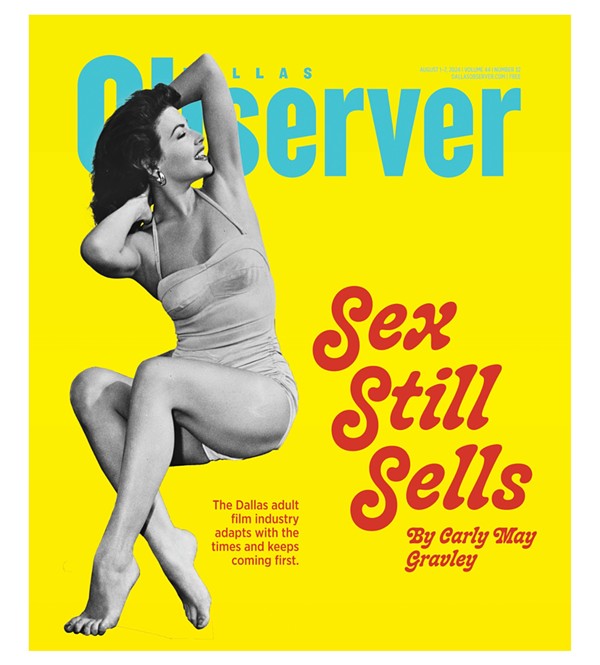It's been two years since the Supreme Court's Dobbs decision ended longstanding federal protections for abortion access. As a result, a growing number of women are taking their abortions into their own hands, a recently published study found. In states where abortion bans are most restrictive, such as Texas, the number of women attempting to end their own pregnancies could be even higher, researchers believe.
And the estimate is likely a conservative one. Researchers asked 7,000 women about their pregnancy care in 2021, and another 7,000 were polled in 2023, but abortions are often underreported to a significant degree.
“Assuming people underreport [self-managed abortions] to the same degree they do past-year, facility-based abortion, the proportion with [self-managed abortion] experience increased from approximately 5% before Dobbs to 7% after Dobbs," the study states.
Study participants admitted to taking herbs and contraceptive medication, drinking alcohol, inserting objects into their bodies and hitting themselves in the stomach in attempts to terminate their pregnancy. Planned Parenthood’s Greater Texas chapter was not involved in the study, but a spokesperson told the Observer that the findings “seem to confirm” what reproductive rights advocates have been warning about for years.
“We know that abortion bans force people, especially those who already experience barriers to healthcare and other essential resources, to seek options outside of their communities, states and the healthcare setting,” the spokesperson said.
One in five women reported experiencing a medical complication after their self-managed abortion attempt, although only a small portion sought medical care. Since the repeal of Roe v. Wade, the number of women who have sought medical care after attempting to end their pregnancy dropped from 7.1% to 4.7%, but that drop isn't necessarily surprising.
It isn’t surprising that women are avoiding doctors after attempting to end their own pregnancies, especially in states where abortion is criminalized. Even before Texas’ near total abortion ban went into effect, Texas women were facing a legal system that clearly wanted to criminalize the procedure.
In one highly publicized case, 26-year-old Lizelle Gonzalez went to the Starr County Memorial Hospital while 19 weeks pregnant after taking the abortion medication misoprostol. Gonzalez was later charged with murder and spent two nights in jail — despite Texas’ law that says women who receive abortions may not be criminally charged.
The abortion was reported to the state by the hospital, AP reports, launching the criminal investigation that Gonzalez has since sued over. But since the repeal of Roe, doctors who are found providing abortions to women whose lives are not threatened by the pregnancy can face jail time, exorbitant fines and the revocation of their medical licenses.
It’s all part of a lose-lose system that is causing women in states with restrictive laws to seek alternative healthcare, said Dr. Kari White, executive and scientific director of Resound Research for Reproductive Health. The research nonprofit out of the University of Texas studies the relationship between legislation and women's reproductive healthcare.
White told the Observer that since the Dobbs decision, requests for the abortion drugs mifepristone and misoprostol have been higher in Texas compared to states with fewer restrictions, indicating a rising number of women turning to medical care outside of the typical hospital systems.
“It’s important to note that even people living in states with fewer restrictions face barriers to in-person abortion care leading them to try to self-manage their abortion,” White added. “These [barriers] can include things like long travel distances to clinics, cost and stigma.”













